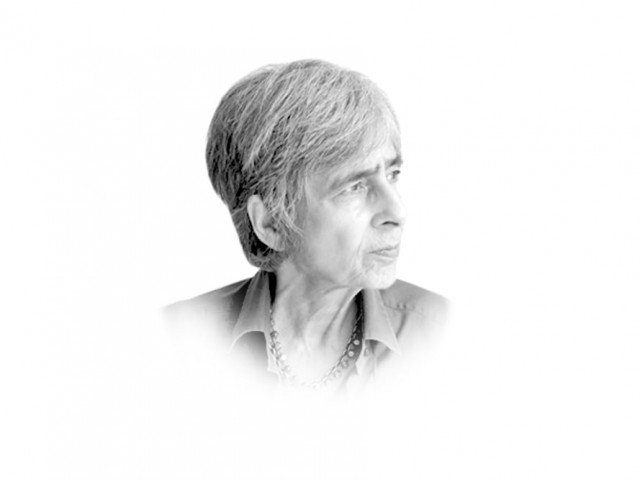The tussling trio
Chief justice, president and army; All three lay claim to some sort of divine right.

The president of the republic, according to press headlines on November 5, claimed that parliament, his parliament, is still under assault. Yes, all parliaments have been subjected to assault from a fellow pillar. The assaulters this time around are “certain quarters”, as he coyly put, and no guesses are needed; all know which they are. But the assaults are now but “the dying kicks of the old order”. Old order? Do we have a new order? Those being assaulted are hardly new in terms of comparison. The president himself dates back to 1988 when he entered politics with a flourish as the husband of a prime minister. And there are those politicians in and out of parliament who even date back to 1985.
The next day’s headlines may have been taken as extraordinary by those unfamiliar with the murky dysfunctional mess made of the republic over the years by the military, the politicians and the superior judiciary. The military, as it stands, in charge of the various areas of policies it dominates, with its prime situation, is still definitely not part of the old order and whatever kicks it delivers cannot be termed dying. They are very much alive and are not about to cease in a hurry.
Headlines the following day: “Kayani hits back” and next to it, “CJ renews stance”. Now, none of the three gentlemen is blameless. The president hides behind constitutionally claimed immunity and the other two have dubious relatives who have sullied their reputations. The army chief and the president are where they are due to the subsequently declared unlawful, illegal, conniving National Reconciliation Ordinance, the former having been one of the prime movers in its creation. Chief Justice Iftikhar Muhammad Chaudhry is the sole one who can claim to be of a new order, thanks to the idiotic move made by a rash military ruler. Since his 2009 restoration, engineered by the lawyers movement, aided by what is known as ‘civil society’ and by the mighty army, he and his Court have assumed a definite new role, which is somewhat contentious and not to the liking of either the army chief or head of the state — or for that matter, to a goodly number of citizens who vociferously object via the media.
As pronounced the army chief, “No individual or institution has the monopoly to decide what is right or wrong in defining the ultimate national interest … trying to assume more than one’s due role will set us back.” But the CJ claims the judiciary to be the ultimate authority and protector of the Constitution, whilst the president and his men have it that parliament is supreme. Take your pick.
All three lay claim to some sort of divine right; the army because of the dominant role it has played over the years and still plays, the president because of his links with the Bhutto family, and the CJ because of the 2007-2009 happenings, which he assumes gives him the right to rule the roost.
Most obviously, none of the three is exactly in love with one another. So, what does it all bode for the future? The so-called pillars of state are in disarray, with “conspiracy theories based on rumours” (as the army chief put it). The nation is confused and violence-prone, rife with terrorism and devoid of any semblance of unity in any sphere. The writ of law and order is nowhere to be seen.
But then, what option do we have but to lay back and enjoy it all?
Published in The Express Tribune, November 10th, 2012.















COMMENTS
Comments are moderated and generally will be posted if they are on-topic and not abusive.
For more information, please see our Comments FAQ